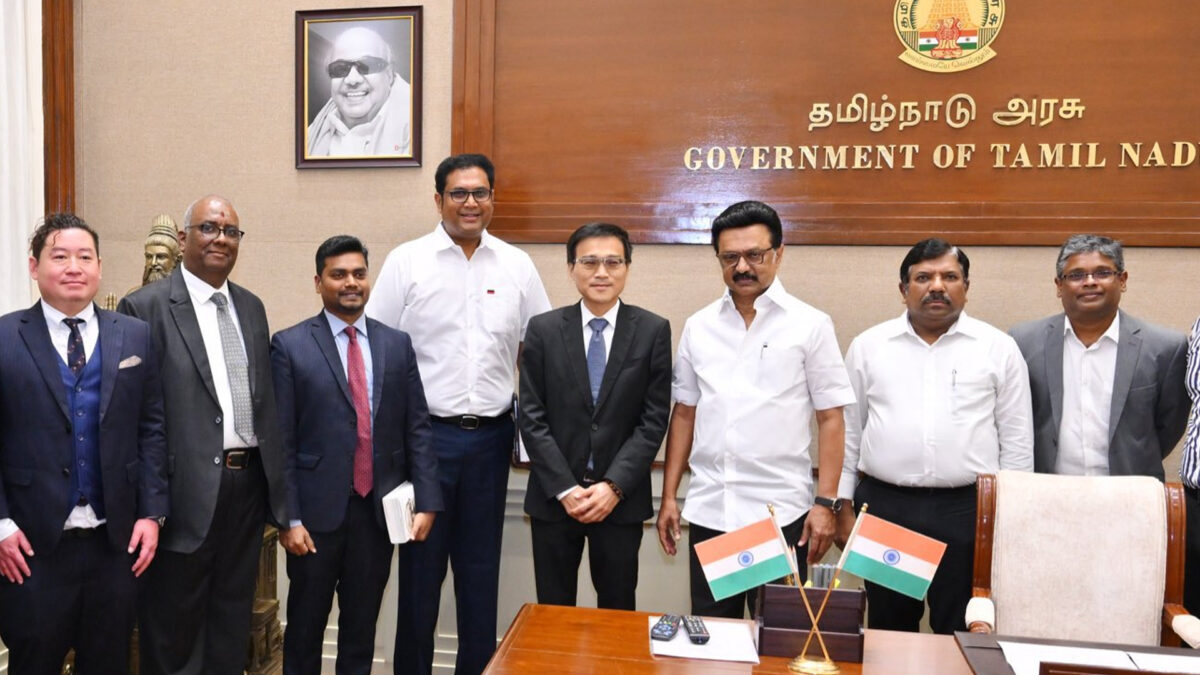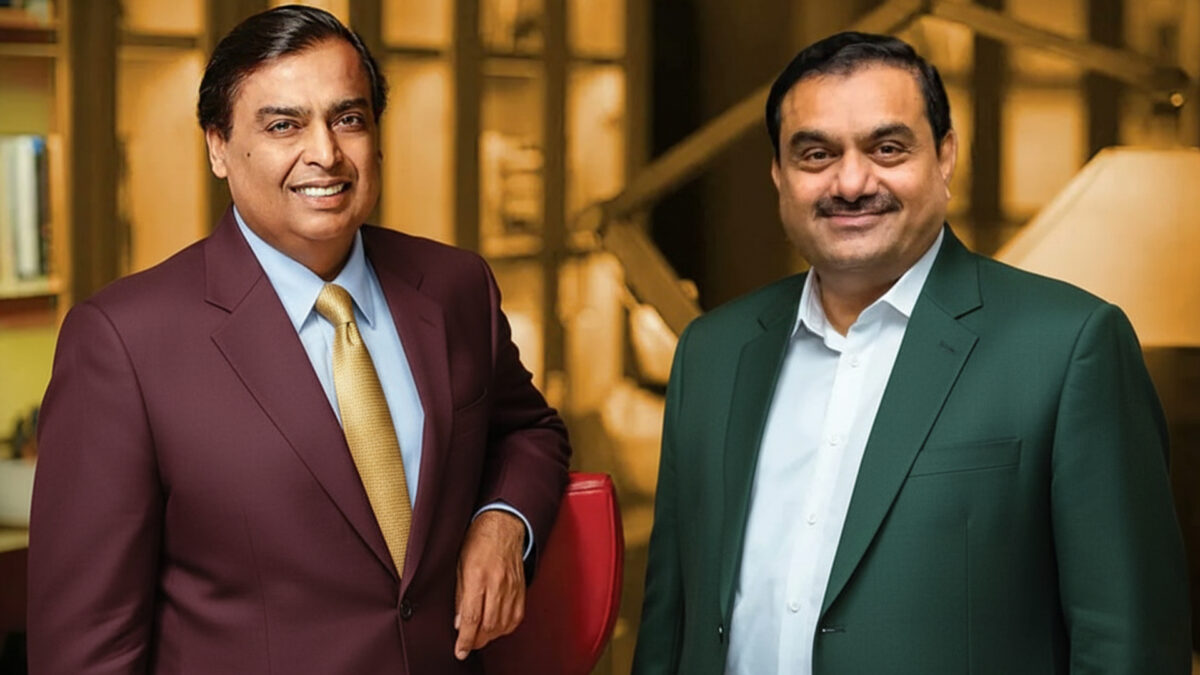OpenAI and Broadcom have announced a major collaboration to develop and deploy 10 gigawatts of custom AI accelerators, a move aimed at scaling AI infrastructure globally.
The partnership combines OpenAI’s expertise in AI model development with Broadcom’s networking and connectivity solutions, reflecting a significant investment in the future of artificial intelligence.
Under the agreement, OpenAI will design the AI accelerators and systems, which Broadcom will help develop and deploy.
The racks will use Broadcom’s Ethernet, PCIe, and optical connectivity solutions for both scale-up and scale-out applications, enabling efficient and cost-optimized performance for AI workloads.
Deployment of these systems is expected to begin in the second half of 2026 and continue through the end of 2029.
The collaboration allows OpenAI to integrate insights from its frontier AI models directly into hardware design, unlocking new levels of capability and intelligence.
“Partnering with Broadcom is a critical step in building the infrastructure needed to unlock AI’s potential and deliver real benefits for people and businesses,” said Sam Altman, co-founder and CEO of OpenAI. “Developing our own accelerators adds to the broader ecosystem of partners all building the capacity required to push the frontier of AI to provide benefits to all humanity,” he added.
Broadcom’s CEO Hock Tan highlighted the strategic significance of the partnership, calling it “a pivotal moment in the pursuit of artificial general intelligence.”
He noted that OpenAI has been at the forefront of the AI revolution and emphasized Broadcom’s role in co-developing and deploying next-generation accelerators and network systems.
Greg Brockman, co-founder and President of OpenAI, said the collaboration would “power breakthroughs in AI and bring the technology’s full potential closer to reality.”
By designing its own chips, OpenAI can embed lessons learned from creating advanced models directly into hardware, enhancing AI performance while maintaining energy efficiency.
For Broadcom, the partnership reinforces the importance of custom accelerators and standards-based Ethernet as the technology for scalable AI data centers.
Charlie Kawwas, President of Broadcom’s Semiconductor Solutions Group, added that the collaboration sets new industry benchmarks for open, scalable, and power-efficient AI clusters. He explained that the integration of custom accelerators with Broadcom’s networking solutions provides an optimized infrastructure for performance and cost.
OpenAI, which now serves over 800 million weekly active users, continues to expand adoption across global enterprises, small businesses, and developers.
This collaboration is expected to significantly enhance OpenAI’s capabilities while supporting its mission to ensure that artificial general intelligence benefits all of humanity.
The combined effort demonstrates the increasing demand for AI infrastructure and represents one of the largest initiatives in custom AI hardware development to date.
Also Read: Mahindra Lifespace Acquires Land in Pune for ₹3,500 Crore Housing Project







